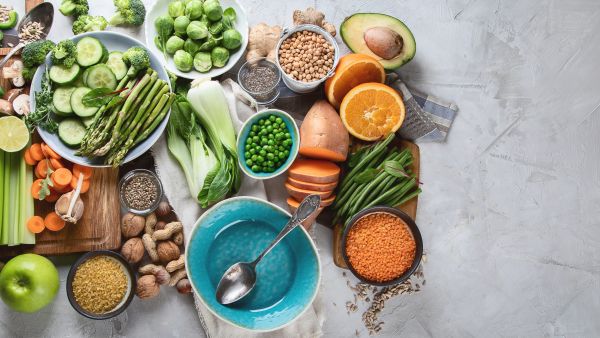ALBAWABA - According to a recent study conducted by researchers from the University of São Paulo in Brazil, sticking to a vegan or vegetarian diet may be associated with a 39 percent reduced chance of contracting the COVID-19 virus.
Although the data analysis does not establish a direct cause and effect relationship, it does indicate that limiting or avoiding meat and animal products may offer some level of protection against COVID. This association remained significant even after considering other health-related factors.

Shutterstock
The study involved 702 Brazilian adults, of whom 278 followed a predominantly plant-based diet, consuming more vegetables, legumes, and nuts while consuming fewer or no dairy or meat products compared to the remaining 424 volunteers.
Interestingly, a higher percentage (52 percent) of the omnivorous participants reported COVID-19 infection compared to the plant-based group (40 percent).
While the omnivores displayed factors associated with a higher COVID-19 risk, such as lower physical activity, higher prevalence of existing medical conditions, and obesity, the researchers believe that the general benefits of a plant-based diet, including improved heart health and lower blood pressure, may boost the immune system and reduce infection risk.
Plant-based diets are known to be rich in antioxidants, phytosterols, and polyphenols, which positively impact immune cell function and possess antiviral properties, thereby potentially helping prevent infections.

Shutterstock
This study aligns with previous research linking plant-based diets to lower chances of moderate-to-severe COVID-19 infections. Incorporating elements of a plant-based diet into your lifestyle is a great way to reduce the risk of COVID-19 infections.
"In light of these findings and other studies, and due to the importance of identifying factors that influence COVID-19 incidence, we recommend following plant-based or vegetarian dietary patterns," conclude the researchers.
While further research is needed, these findings enhance our understanding of potential measures individuals can adopt to protect themselves during the ongoing pandemic.









